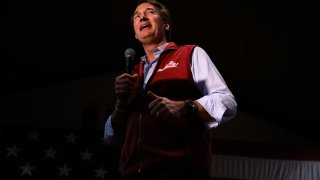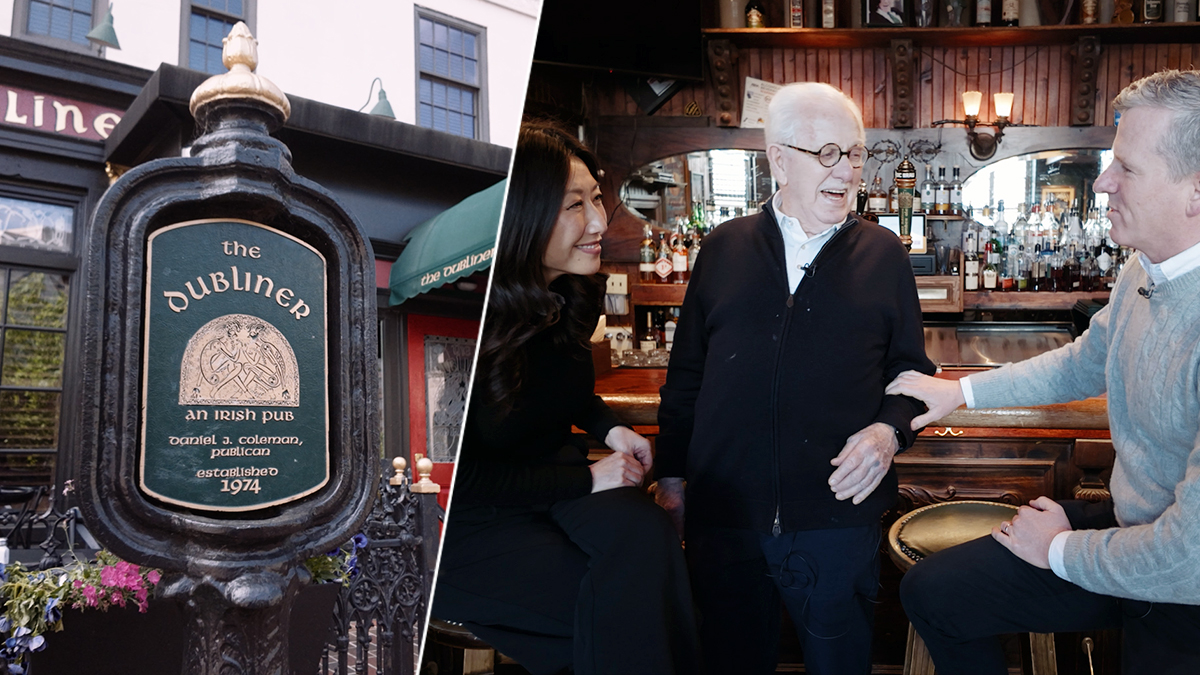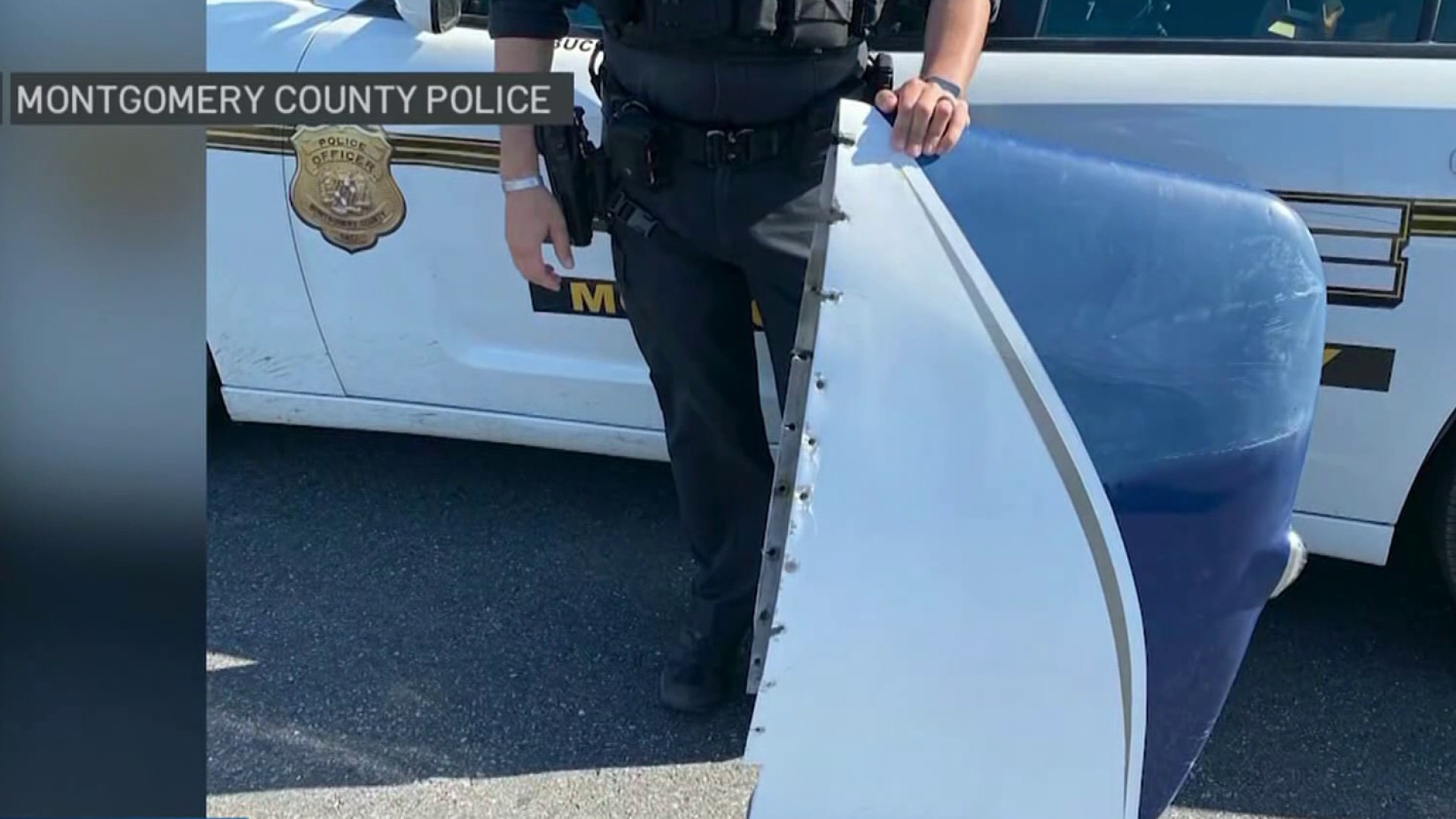
Virginia Gov. Glenn Youngkin signed 738 bills into law, proposed amendments to another 78 and vetoed three, taking action on the legislation ahead of a bill-review deadline this week, his office said Tuesday.
The Republican governor said in a statement that he was “was honored to sign key pieces of bipartisan legislation that bolster law enforcement, cut red tape, make Virginia more competitive, and build on my commitment to restore excellence in education.” But he added that the year's legislative session, which wrapped up Feb. 25, left “many big items unfinished.”
Unable to reach a compromise on a full slate of proposed adjustments to the two-year state spending plan, lawmakers opted to pass a “skinny” spending bill that addressed just a handful of allocations, allowing House and Senate negotiators to carry on with their broader discussions. A number of Youngkin's top priorities, including additional tax cuts and a boost in funding for mental health initiatives, have been tied up in the still-pending negotiations.
The “skinny” budget bill was among the 78 Youngkin sent back to lawmakers, who will return to the Capitol April 12 for a one-day session to consider the governor's proposals. In a note about the suggested amendments, Youngkin wrote that he approved of the general purpose of the bill and that his proposed changes were all technical.
We're making it easier for you to find stories that matter with our new newsletter — The 4Front. Sign up here and get news that is important for you to your inbox.
He also urged lawmakers to keep working on the broader package. He wrote that tax collections have been surpassing expectations for the first eight months of this fiscal year, meaning Virginia is still on track to hit a surplus that Youngkin has said allows for a cushion for an addition $1 billion in tax relief and over $2.6 billion in new spending.
As Youngkin and his office have worked through the bill review process, the governor highlighted a handful of measures with events across the state.
At a Richmond barbershop where he got a haircut, Youngkin signed a universal licensing bill intended to make it easier for certain professionals, like barbers, to move to Virginia and quickly land a job. Last week, he signed a handful of energy-related bills at a southwest Virginia research lab. And on Monday, he visited a Roanoke elementary school to sign legislation intended to support Virginians with developmental disabilities and their families.
Local
Washington, D.C., Maryland and Virginia local news, events and information
Among the other bills Youngkin signed were measures that toughen the penalties for organized retail theft, create a tax credit to incentivize the purchase of gun safes and expand a law that requires school boards to provide certain reading intervention services. He also signed a bill that aims to protect houses of worship from government-ordered closures not faced by other organizations or businesses.
In his statement, Youngkin said the bills he signed “have made significant progress in advancing commonsense policies that deliver for everyone.”
Several of the session's most hotly debated or fiercely lobbied bills are being returned to lawmakers with proposed amendments, including a bill that aims to ban intoxicating consumable hemp products. The amendment aimed to “ensure certain non-intoxicating therapeutic products will still be available to the people who rely on them,” Youngkin’s office said.
For another high-profile measure that would further empower state regulators who set and oversee Dominion Energy’s electric rates and profitability, Youngkin proposed a series of amendments a company spokesman called mostly technical.
On a different bill that deals with the massive offshore wind farm Dominion is developing and the associated costs, Youngkin said he wants an amendment that would ensure a competitive bid for contracts for the development of any second phase in order to “increase ratepayers' protection.”
Youngkin vetoed only three bills, all sponsored by Democrats, down from 26 last year.
One would have allowed public utility and broadband service vehicles to be temporarily left on private property without the owner’s consent, according to Youngkin's veto message. The governor said it violated the fundamental right of property owners.
Another would have required changes to how an office in the state's human resources agency handles grievance procedures. Youngkin said it would “lead to increased workload and possible delays.”
The third vetoed bill directed state police to convene a work group to examine the issue of vehicle noise in the commonwealth. Youngkin called the legislation “unnecessary,” noting the state took steps last year to make it easier for police to crack down on loud exhaust systems.
The now-vetoed measure was sponsored by Sen. Adam Ebbin, who saw nine of his bills vetoed last year in what he characterized at the time as retaliation for his push to block the nomination of former Environmental Protection Agency Administrator Andrew Wheeler to Youngkin’s cabinet.
The General Assembly will have a chance to override the vetoes when it reconvenes later this month. Doing so would take a two-thirds vote in both chambers.



